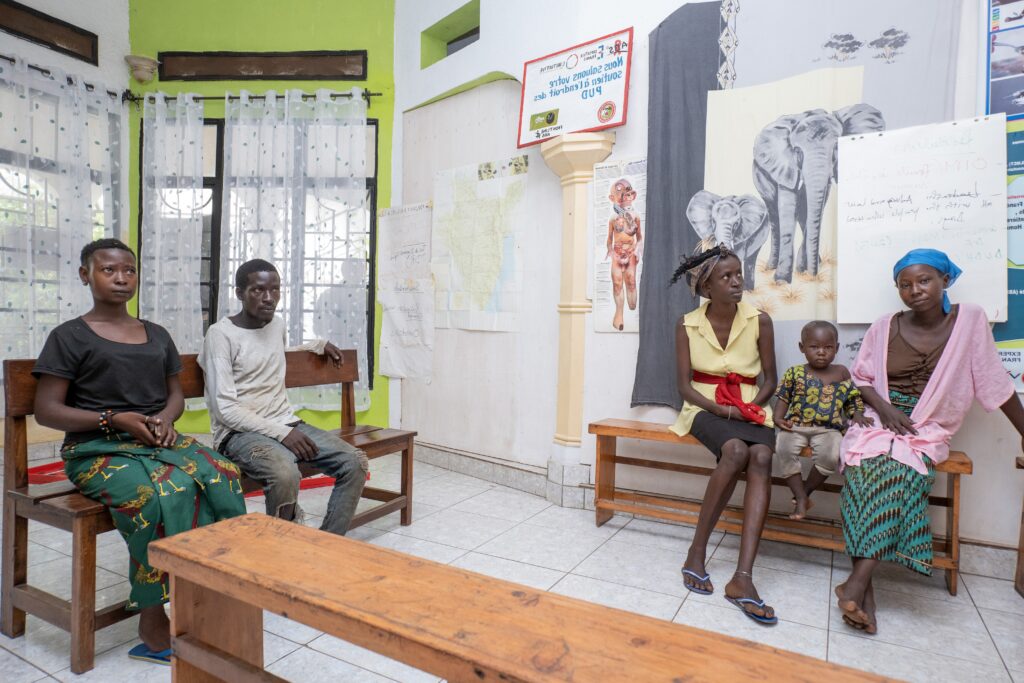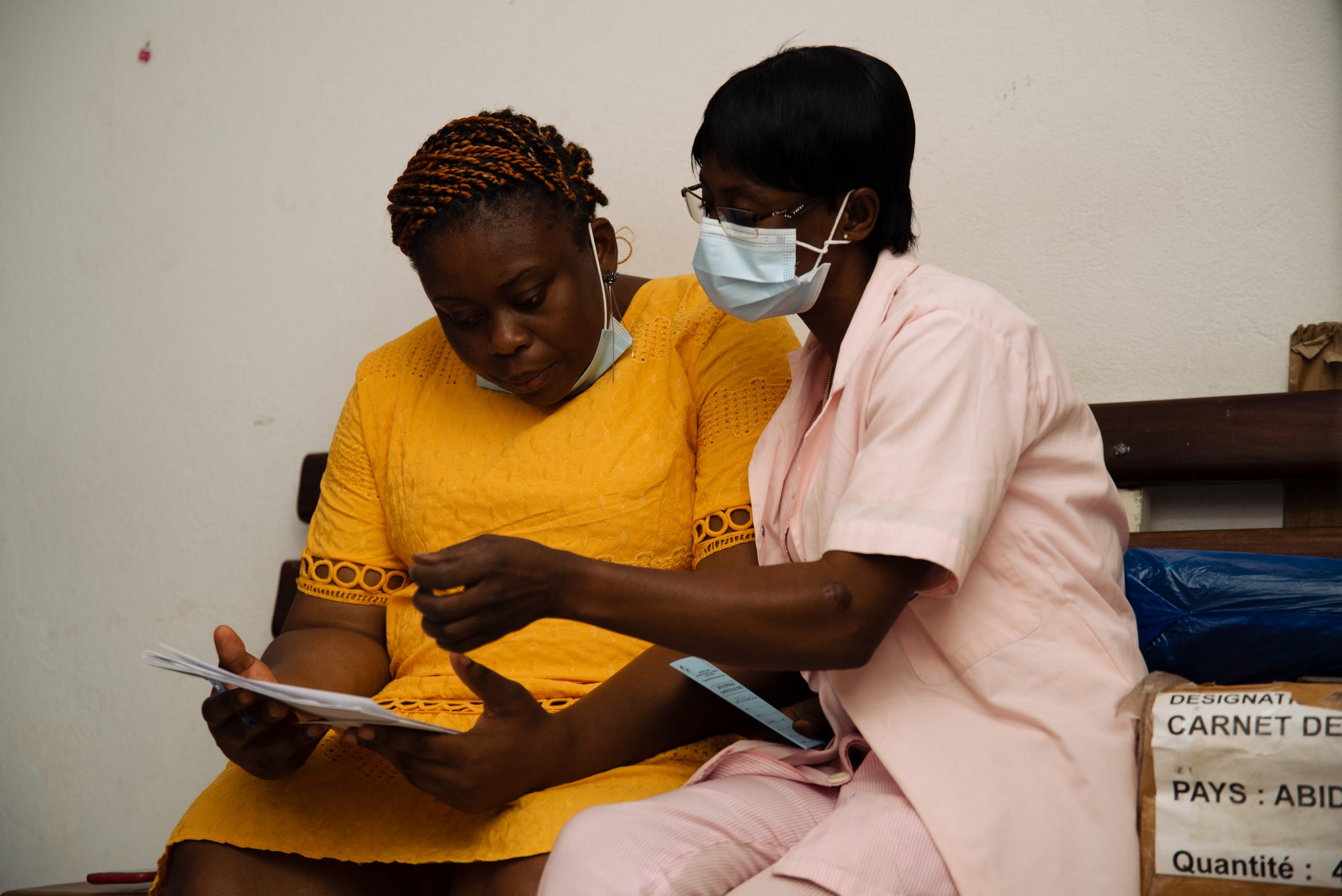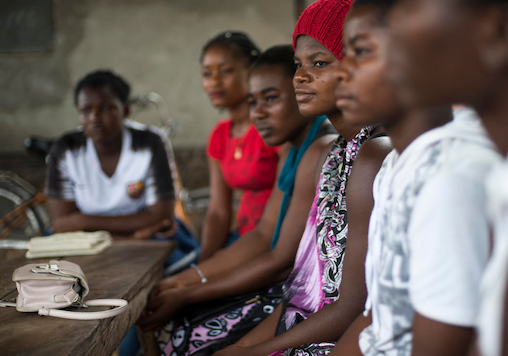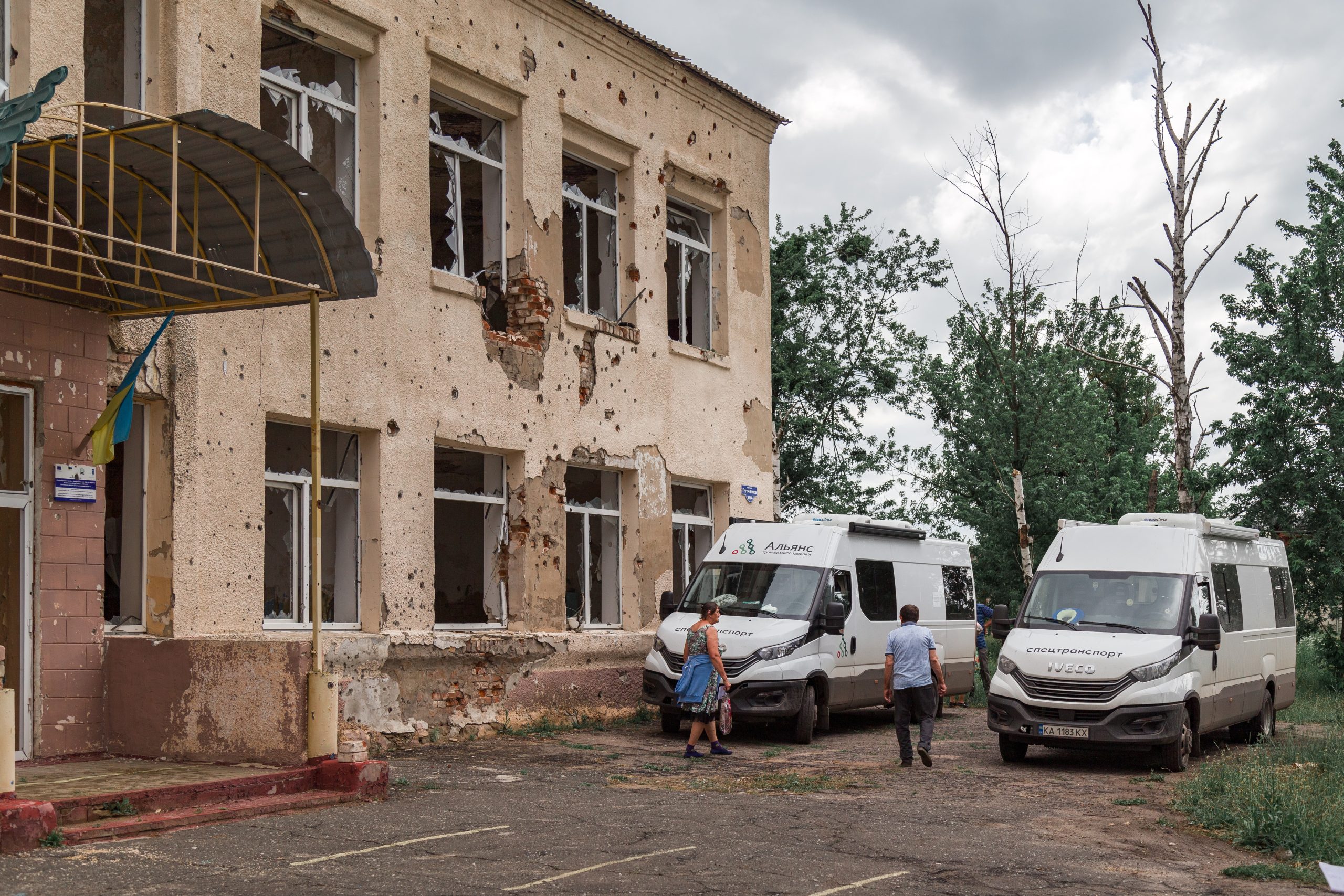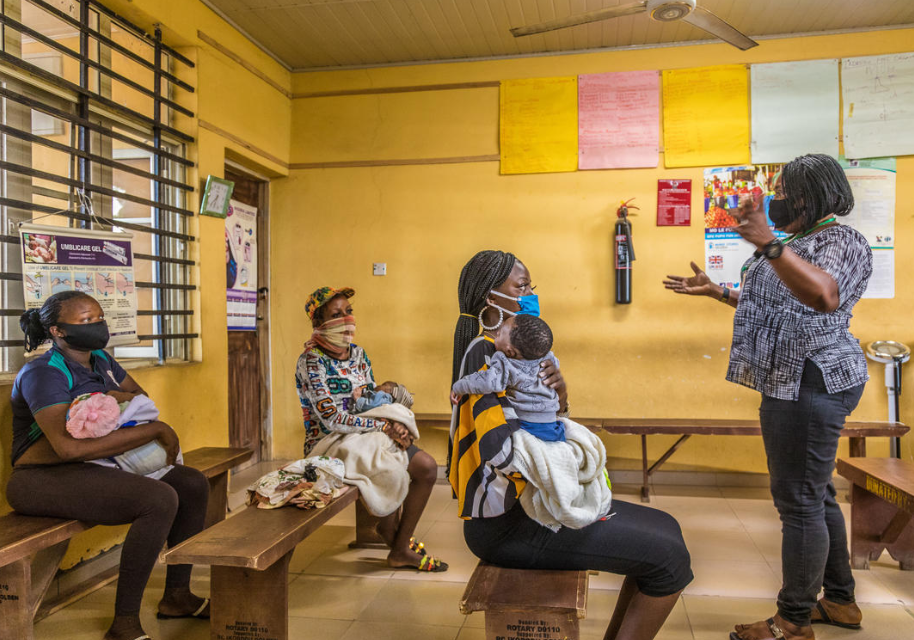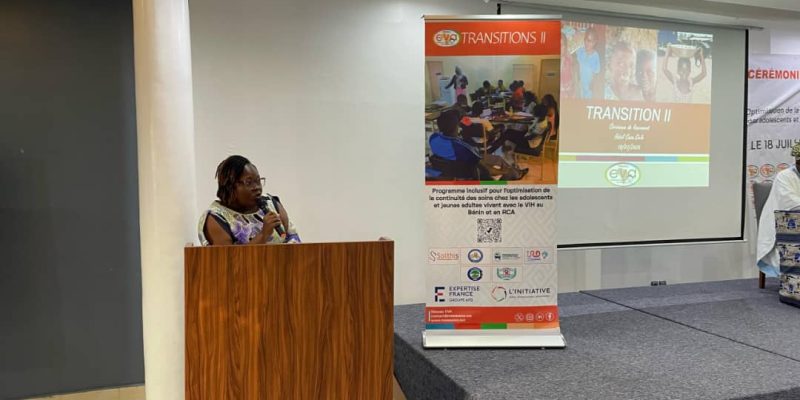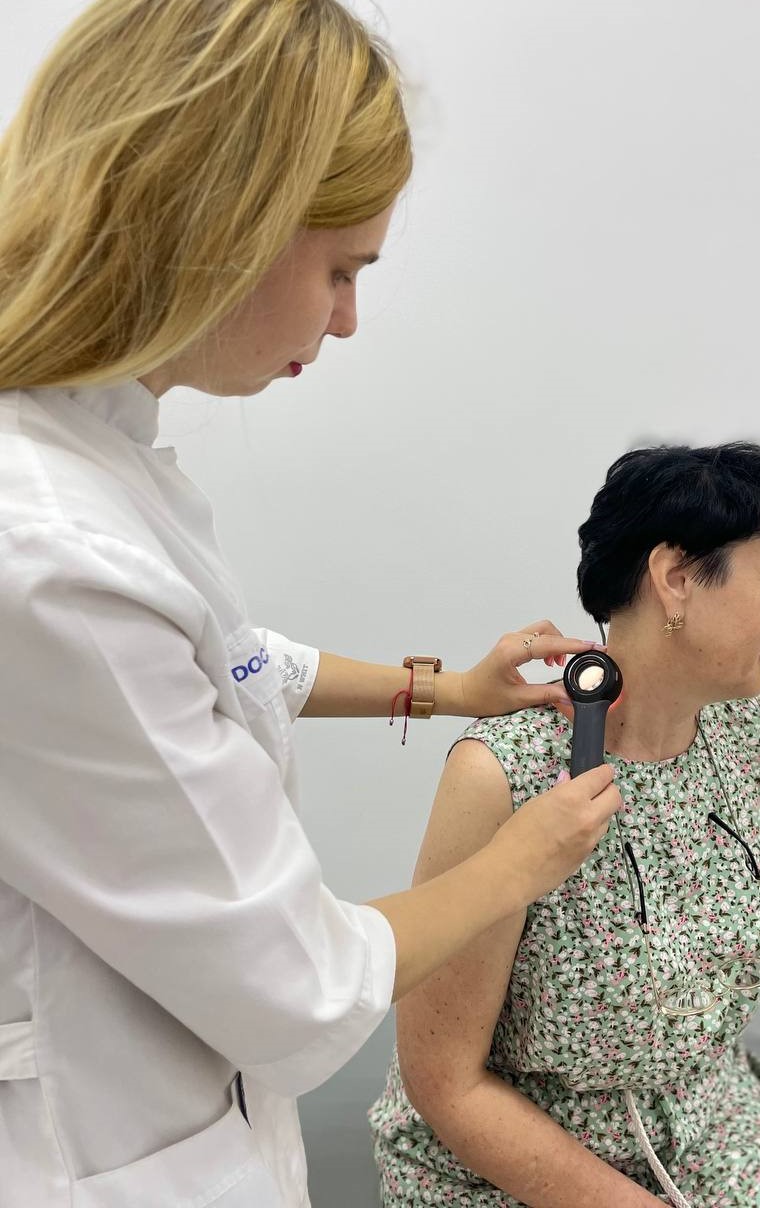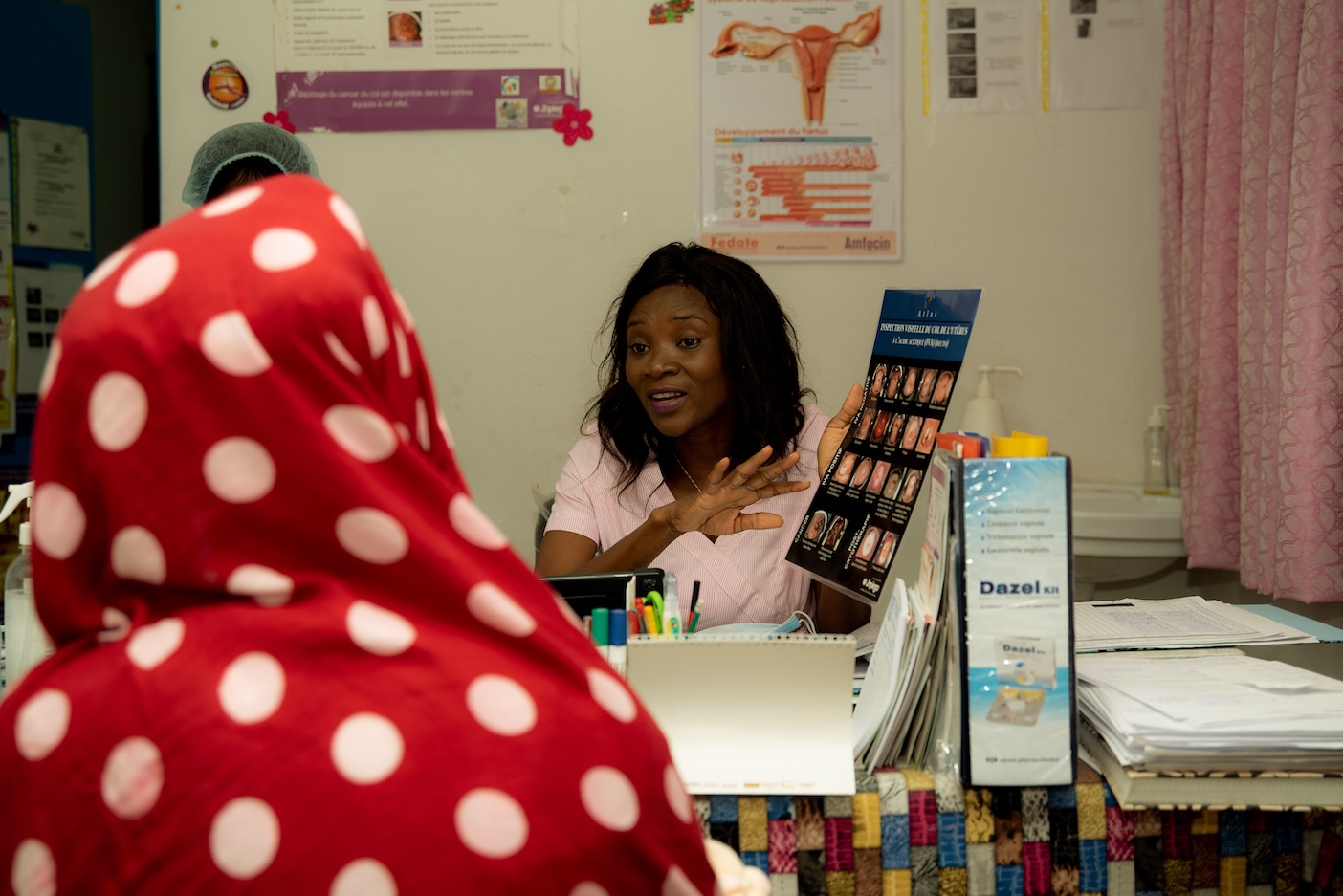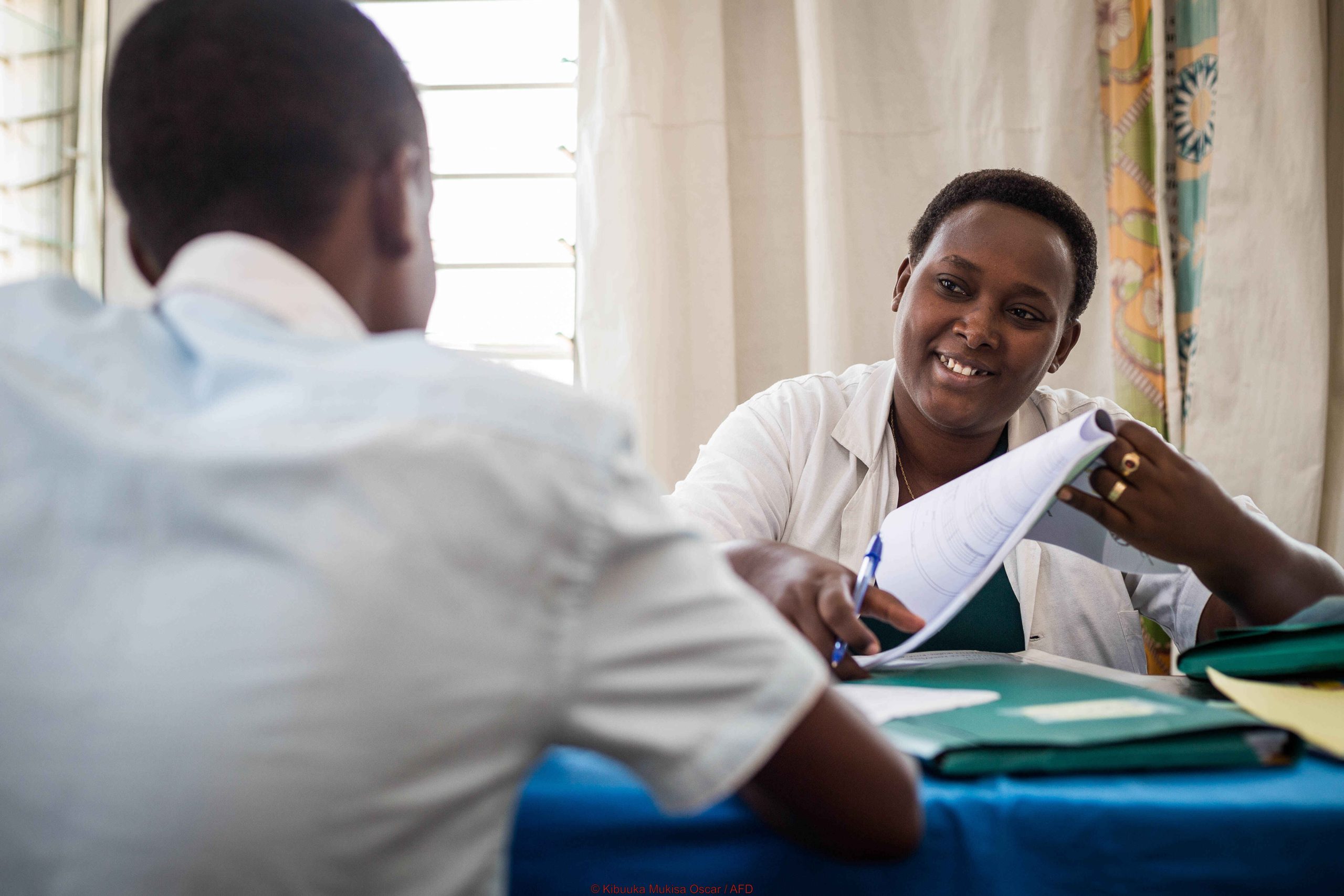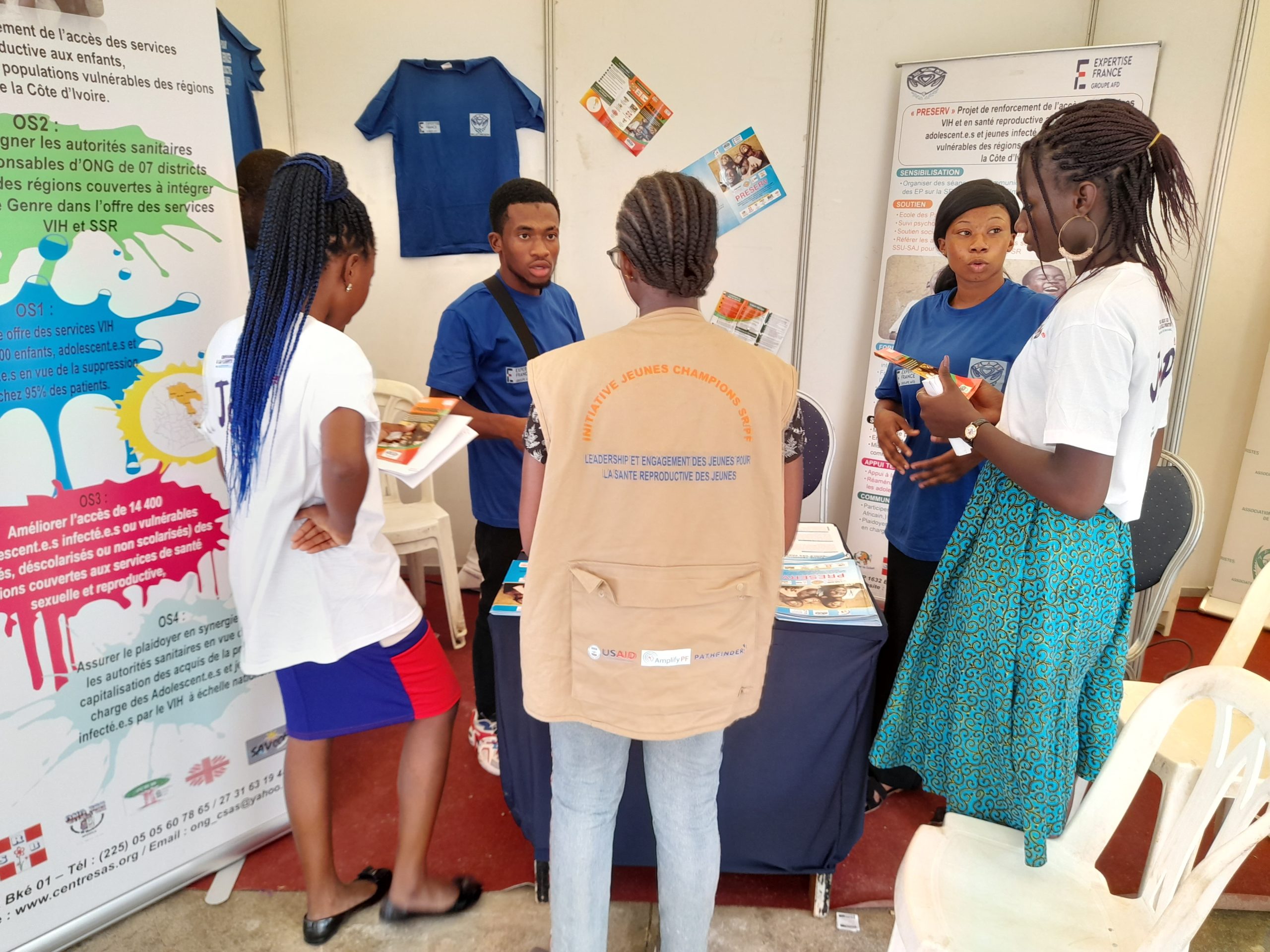To enhance access to harm reduction services for drug users, the Nyumviriza project is implementing a community-driven response, actively involving the key population at every step, from shaping health interventions to combating stigma and exclusion.
Context
In 2021, HIV prevalence among injecting drug users in Burundi was 15.3%, fifteen times higher than in the general population, and as high as 39.1% among women, according to an Integrated Biological and Behavioral Assessment. The study highlights factors contributing to HIV transmission within this key group, including needle sharing, exclusion from healthcare systems, and high incarceration rates.
Despite these alarming figures, drug users have received minimal support from Burundian public policies, particularly concerning HIV/AIDS prevention and other diseases like hepatitis C and tuberculosis. Harm reduction initiatives have been severely limited by socio-cultural, legal, and institutional barriers.
Description
To address these challenges, the Nyumviriza project aims to provide harm reduction services for people who use drugs (PUD). It includes the establishment of a dedicated section within a support center, focusing on young and female drug users, as well as victims of gender-based violence.
Additionally, the project aims to train healthcare professionals, peer educators, and community organizations in gender-sensitive harm reduction approaches. Advocacy efforts will focus on strengthening the capacity of community organizations, proposing a gender-sensitive national harm reduction plan to Burundian authorities, and raising awareness of drug use and harm reduction among local policymakers and law enforcement.
Impact
The Nyumviriza project seeks to deliver a comprehensive response that integrates harm reduction and medico-psychosocial care for PUD, while advocating nationally for a public health approach over a punitive one. By supporting the development of a community-based harm reduction response, the initiative aims to empower and build the capacity of PUDs in Burundi by involving them actively in the project.
